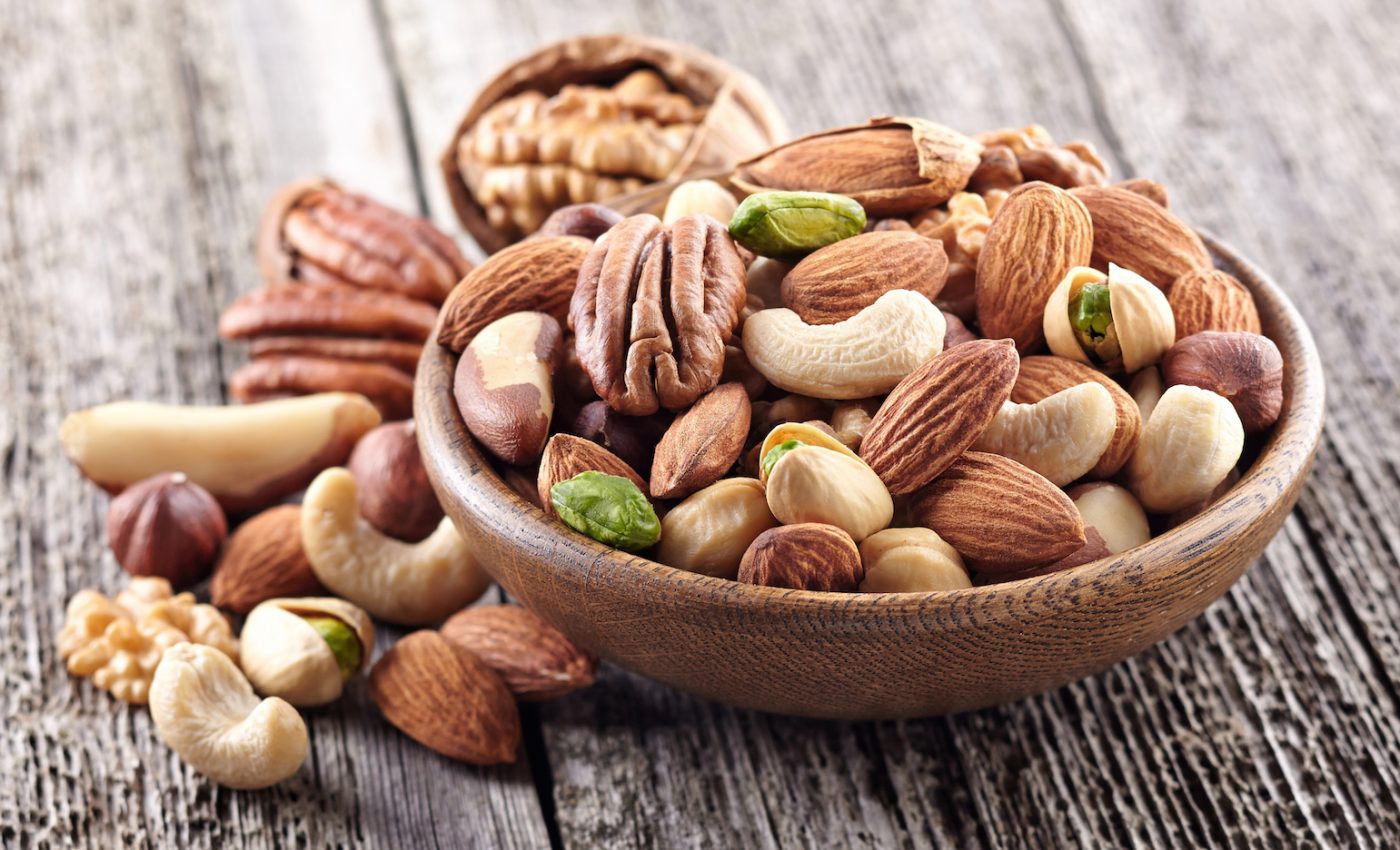
A daily dose of nuts lowers risk of obesity, related health issues
Eating nuts on a daily basis may prevent weight gain and provide cardiovascular health benefits, according to the results of two separate studies. In one investigation, the researchers analyzed how eating nuts may influence the long-term body weight of men and women in the United States. The second study examined whether eating Brazil nuts could increase a sense of fullness and improve glucose and insulin responses.
For the first study, participants reported on their nut consumption every four years in three different groups involving 25,394 men in the Health Professionals Follow-up Study, 53,541 women in the Nurse’s Health Study, and 47,255 women in the Nurse’s Health Study II.
Over the four-year intervals, replacing foods that were lacking in nutritional value with a single one-ounce serving of nuts was associated with a lower risk of obesity.
Study first author Dr. Xiaoran Liu is a research associate in the nutrition department of the Harvard School of Public Health.
“People often see nuts as food items high in fat and calories, so they hesitate to consider them as healthy snacks, but they are in fact associated with less weight gain and wellness,” said Dr. Liu. “Once people reach adulthood, they start to gradually gain about one pound a year of weight, which seems small. But if you consider gaining one pound over 20 years, it accumulates to a lot of weight gain.”
“Adding one ounce of nuts to your diet in place of less healthy foods – such as red or processed meat, French fries or sugary snacks – may help prevent that slow, gradual weight gain after you enter adulthood and reduce the risk of obesity-related cardiovascular diseases.”
In the Brazil nut study, 22 healthy adults with an average body mass index of 22.3 consumed either 36 grams of pretzels or 20 grams of Brazil nuts in addition to their usual diet. The Brazil nuts and pretzels had approximately the same amount of calories and sodium.
The study revealed that Brazil nuts and pretzels substantially reduced feelings of hunger, with the greatest sense of fullness experienced by the group eating Brazil nuts.
Pretzels led to a notable rise in blood glucose and insulin 40 minutes after they were eaten. Brazil nuts, however, did not significantly increase blood glucose or insulin.
Study senior author Dr. Mee Young Hong is a professor in the School of Exercise & Nutritional Sciences at San Diego State University.
“While both Brazil nuts and pretzels increased a sense of fullness after they were eaten, eating Brazil nuts stabilized postprandial (after eating) blood glucose and insulin levels, which may be beneficial in preventing diabetes and weight gain,” said Dr. Hong.
“Our study allows researchers and clinicians to consider the possible beneficial role of Brazil nuts to help people feel full and maintain a healthy level of glucose, reducing the risk of obesity and diabetes.”
The research will be presented in Chicago at the American Heart Association’s Scientific Sessions 2018.
—
By Chrissy Sexton, Earth.com Staff Writer













